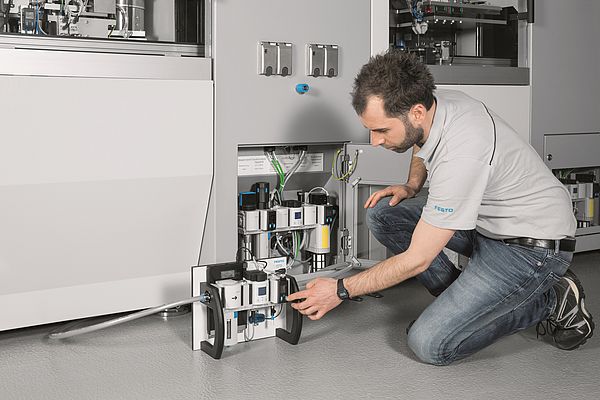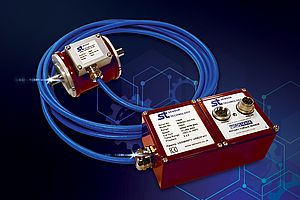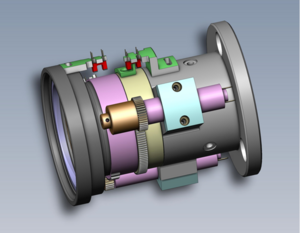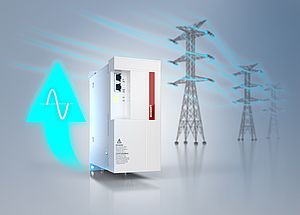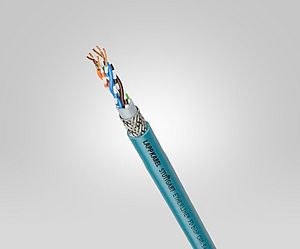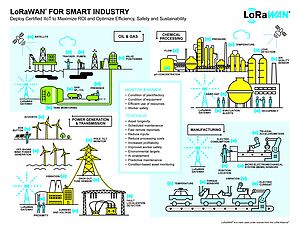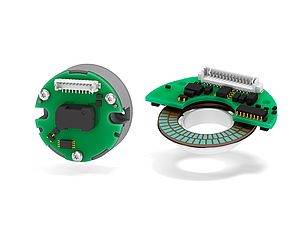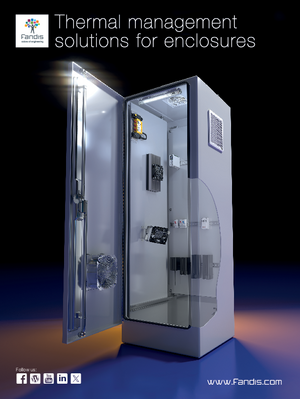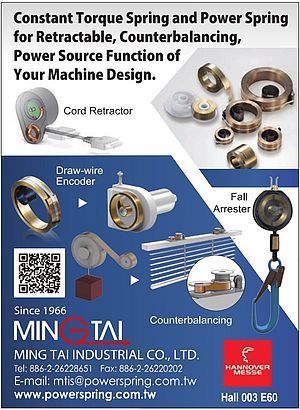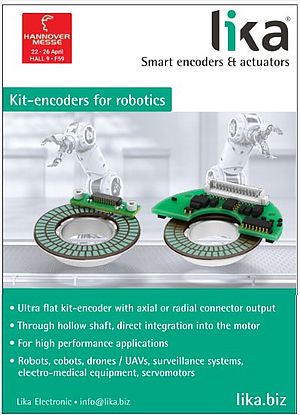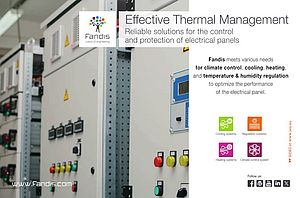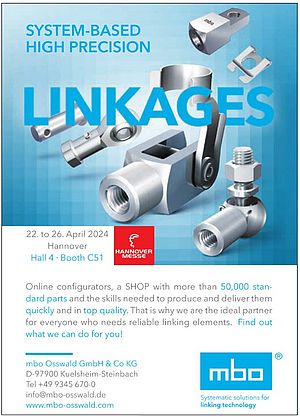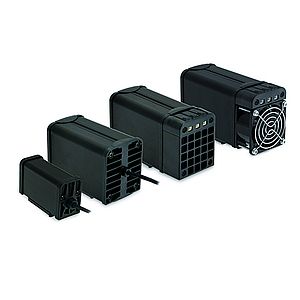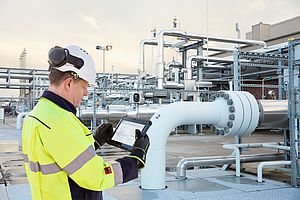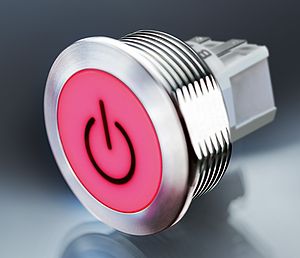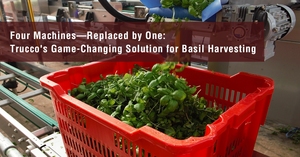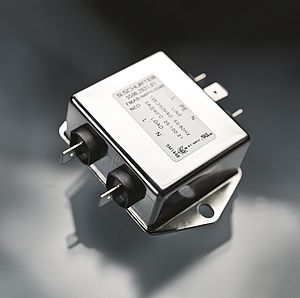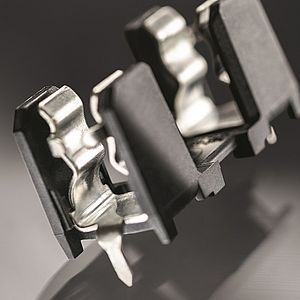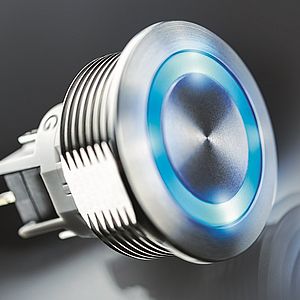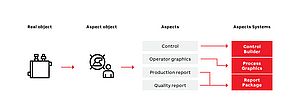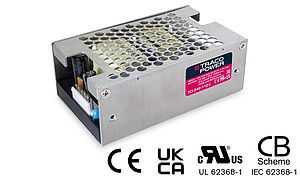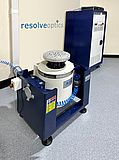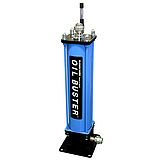Festo, the leading supplier of automation technology, has published Energy efficiency@Festo, a new guide which details a number of ways that plant managers can improve efficiency in their pneumatic production processes by up to 60%. Energy efficiency@Festo can be downloaded for free from HERE.
The guide provides detailed information about efficient technologies, that will ensure machines and systems consume fewer resources and less energy. Reducing CO2 emissions as well as operating costs leads to an increase in the sustainability of production processes and therefore a company's overall productivity.
"Environmental consciousness, corporate responsibility and the balance sheet are all key drivers for increasing energy efficiency," says Steve Sands, product manager at Festo. "In this guide we focus on advising plant managers on how they can implement measures to reduce energy wastage, with in-depth statistics and details about compressed air technology."
Top Five Tips
- Using energy saving circuits, for example Festo's OVEM closed loop vacuum generators monitor vacuum levels and only expend air when required, typical savings are 60%
- Correctly sizing drives and tubing - reducing to the next smaller piston diameter can decrease energy consumption by approximately 35%
- Reducing switching line tube lengths - savings up to 25% can be achieved
- Isolating circuits in standby or shutdown modes - eliminating flow of air in systems at a standstill can provide savings of 20%
- Reducing the weight and friction of moving elements has a major affect particularly on multi-axis systems where initial over-sizing becomes compounded - up to 18% energy saving can be realised.


